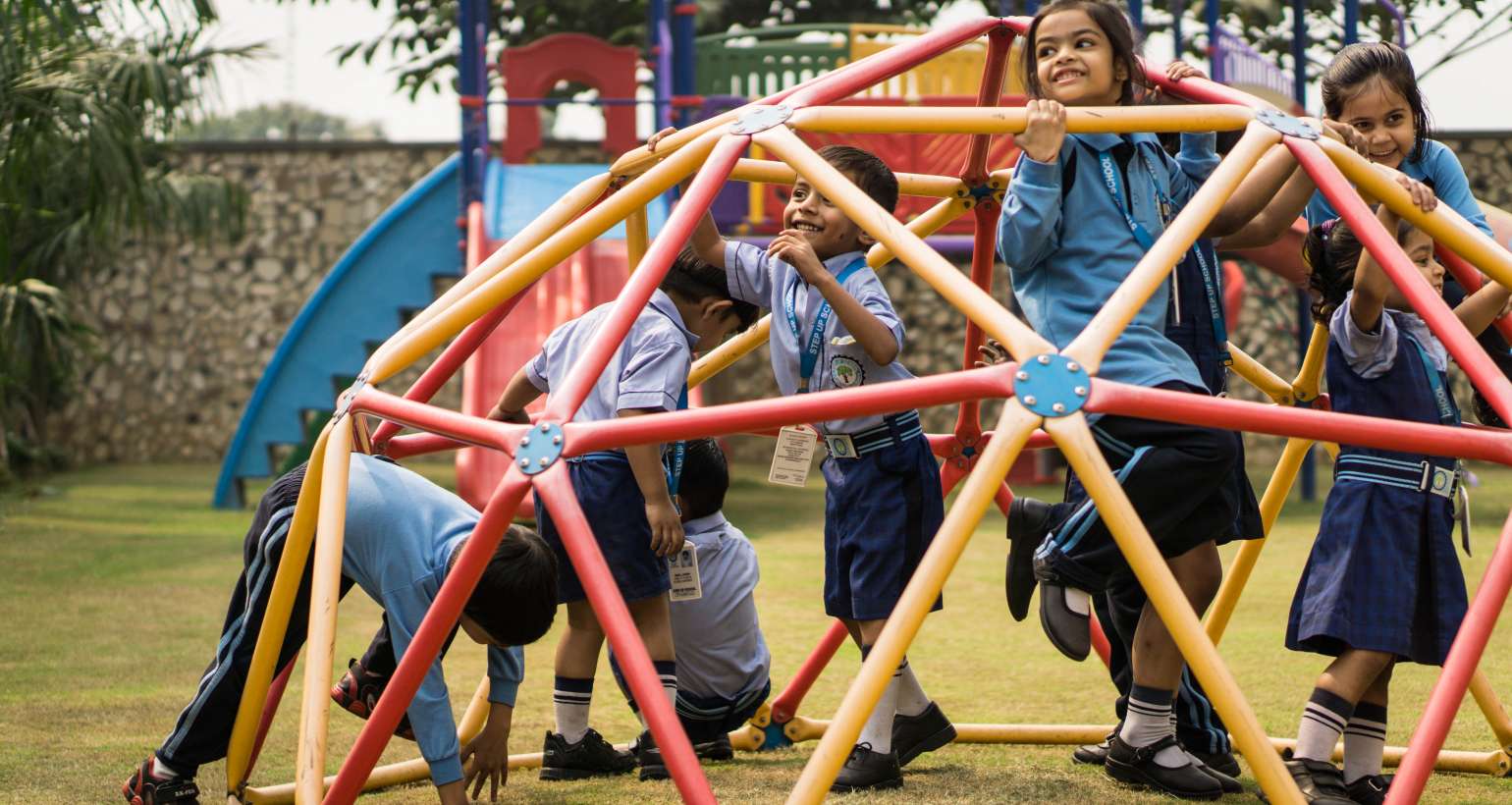Anger Management for Young Children
Anger is the most difficult state of mind for students to regulate. Students get angry because they are distressed, feel lack of control over their surrounding, or do not know how to express themselves effectively in other ways. The goal of making our school anger free zone is to teach students to be able to identify when they are angry, develop management strategies for dealing with their anger, and express their feelings more appropriately .
Anger management is a technique that students can learn, and comprises of a list of common sense behavior and strategies that teachers can adopt to develop anger management skills in children. We must understand that emotions are triggers that instigate anger. An answer to individual responses to anger & its control are unique to each child. The goal of anger management in Step Up School, is to assist students in learning how to reduce the emotional & physiological arousal that anger causes.
We bring to you few factors that might help students defuse, reduce, or redirect anger-
- Creating safe & emotional environment where every student is treated fairly.
- Teachers as a role model because children emulate behaviors’.
- Developing self regulatory skills in students like self control.
- Encouragement to kids for Identification & labeling of feelings like embarrassment, frustration, shame etc.
- Make younger children understand through books and stories.
- Partnering with parents for effective anger management skills.
- Be proactive
- Set clear rules & limit for children.
- Perceive situations differently for those students who are prone to become angry often.
- Make kids learn to substitute behaviors to relieve that pent-up energy and replace the unhealthy one.
- School follows strict anti- bullying policy.
- Focus on making school an Anger Free Zone
At Step Up School, our prime goal is to create such an environment where students feel connected, accepted and respected. This will in turn influence mental health, academic achievement, student attendance, and boost a positive mindset not in our stepians, but everyone involved.



